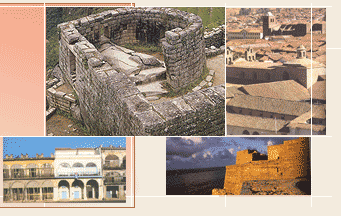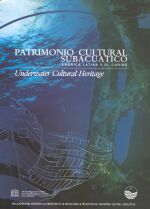| UNESCO is the organization responsible for the international legal protection of cultural heritage. Its work has centered around two major axes: the elaboration of conventions and international norms, and assistance for States to adapt their legislation and public administrations to the needs of protecting the heritage.
Therefore, with regards to international normative initiatives, since the creation of UNESCO four major conventions have been elaborated, plus a fifth one recently approved. The Hague 1954 Convention for the protection of cultural assets in case of armed conflict and its Protocols; the 1970 Convention for measures to be adopted to prohibit and ban the import, export and transfer of illicit properties of cultural assets; the 1972 Convention for the protection of cultural and natural world heritage; the 2001 Convention for the protection of underwater cultural heritage; the Convention for the safeguard of Intangible heritage, recently approved, and the eleven recommendations of UNESCO for the protection of cultural heritage.
Although conventions are legally binding texts for States that ratify them, the same does not occur with recommendations passed since 1956. Nevertheless, these allow for States and public opinion to be sensitized with culture’s major interests.
In order to pursue this task, UNESCO has intensified, in the past few years, its actions to make existing instruments better known thus favoring their observance and stimulating new adhesions and ratifications that would make them further progress towards being universally in force.
The Hague Convention for the protection of cultural wealth in case of armed conflict was the first to be signed, in 1954 in The Hague. After the massive destruction caused by World War Two in Europe, western nations were particularly sensitized with this problem. By this Convention, each State party is committed to adopt every measure to protect cultural wealth, movable as well as immovable, situated on their territory, which would have a great importance for the cultural heritage of peoples. It further stipulates that belligerent States will be committed not to stage any hostile action with respect to that wealth and to prevent its looting. Presently, only ..... States have ratified this Convention.
UNESCO’s Convention for the protection of underwater heritage was adopted on Friday 2 November, 2001, by the 31st General Conference with the following vote: 87 in favor, 4 against and 15 abstentions. Presently, only Panama and Bulgaria have ratified this Convention.
The Convention for the safeguard of Intangible Heritage is the latest instrument to be adopted. It was approved at UNESCO’s 32nd General Conference, held from 29 September to 17 October of 2003, and it completes the Conventions already protecting cultural heritage.
|
 |


